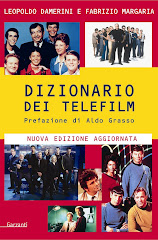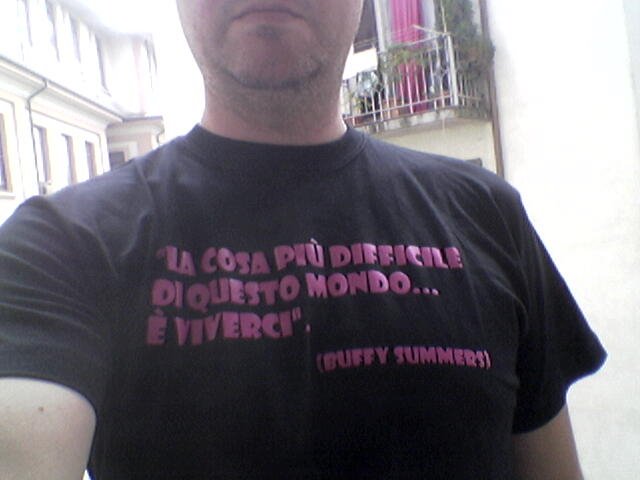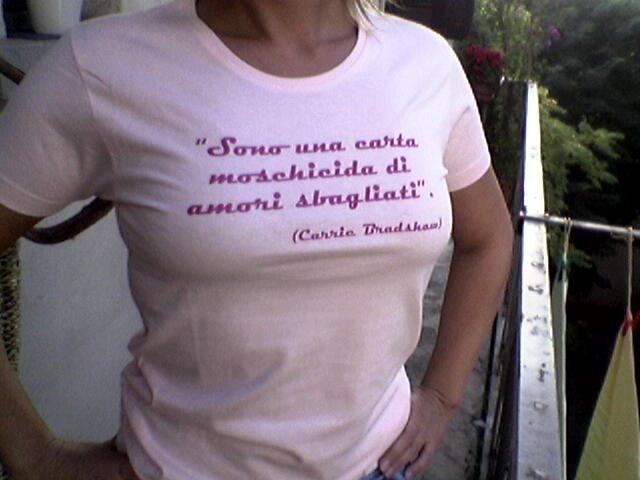NEWS - La legge di Murphy per l'addio di Cory-Monteith (con promo)
Articolo e intervista tratti da "Hollywood Reporter"
Following a screening and Q&A with reporters promoting FX's American Horror Story: Coven, Murphy shared that the episode -- titled "The Quarterback" in a nod to former football star Finn Hudson -- was "incredibly difficult to work on" and "very difficult to shoot."
 "The episode is called 'The Quarterback,' and Cory really was that to
that group of people -- and to me particularly," said Murphy, who
locked the episode Thursday. "That group of kids particularly went
through the limelight and became world famous at a very difficult age,
and many of them really struggled with it."
"The episode is called 'The Quarterback,' and Cory really was that to
that group of people -- and to me particularly," said Murphy, who
locked the episode Thursday. "That group of kids particularly went
through the limelight and became world famous at a very difficult age,
and many of them really struggled with it.""Cory obviously very much struggled with it, but never on the surface, and I think that's why everybody loved him," he added. "He was the most kind, the most generous -- never a bad word for anybody."
Monteith was found dead on July 13 at the age of 31. An autopsy revealed that the actor had died of mixed drug toxicity from a combination of intravenous heroin use and alcohol.
Monteith's Finn Hudson was edited out of the first two episodes of Glee's fifth season. The tribute episode will air Oct. 10, following which the Fox musical will take a hiatus for baseball that series creators will use to map out the show's future without one of its central stars.
"What you will see in the episode is what really happened," Murphy said of the hour. "Brad [Falchuk] and Ian [Brennan] and I wrote that episode and Brad directed it, and those performances that you'll see, almost everything in that episode is from the first take of every performance because the actors and the crew had a really hard time shooting it."
"I've never seen a crew that you can't continue shooting because they've left the room sobbing. It was very hard. I struggled even working on it because what you're seeing is what they felt not just about Finn but Cory. It's amazing performances across the board and everybody went into it with a lot of love," he continued. "What I loved about it is when you write something like that, there's no right way to do it."
Murphy also noted that he received an outpouring of calls from former cast members asking to appear in the episode who weren't under contract, including Iqbal Theba (Principal Figgins).
"It was very rough, and it was very rough with [Monteith's girlfriend] Lea [Michele]," Murphy added. "I'm very proud of it. I think the performances are quite stunning. It was tricky. You had to have a hard eye when you were putting it together. People still are not over it and it's still very difficult."
Watch the first promo for "The Quarterback," below, and hit the comments with your thoughts. Glee airs Thursdays at 9 p.m. on Fox.
























.jpg)














